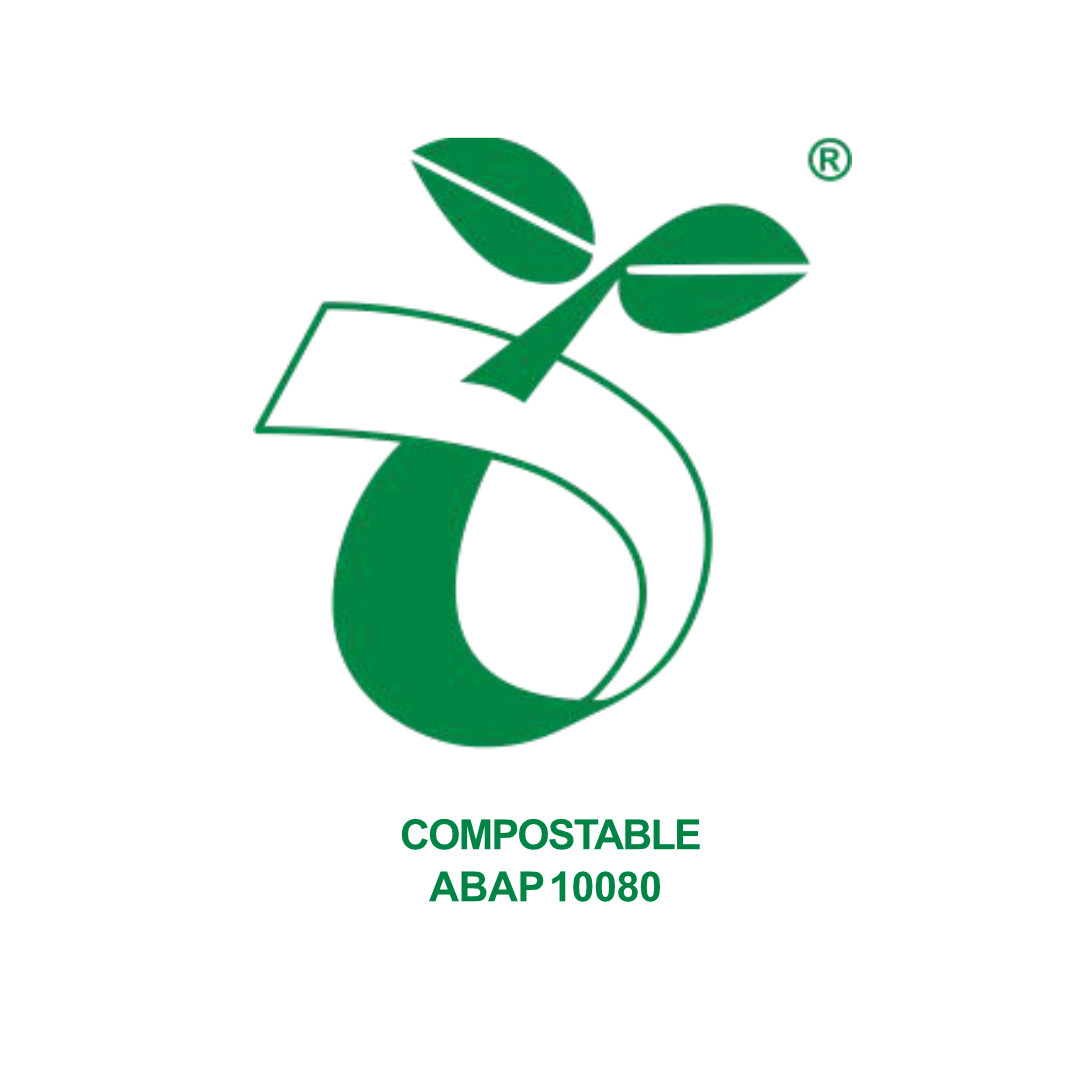
Home vs Commercial Composting: A Refresher
12th Jun 2020
In case you missed our earlier posts, here's a little refresher on the difference between home and commercial composting. Composting – turning organic waste into nutrient-rich compost – offers a closed-loop, circular economy solution to the waste problem, but knowing what to compost and how to do so is crucial. Read on to find out more about the 'certified home compostable' and 'certified commercially compostable' labels on BioPak packaging.

How Composting Works
By turning organic waste into nutrient-rich compost, like in this industrial composting facility, we can create a circular economy. Composting breaks down organic matter using fungi, bacteria, worms, insects, and other organism to create good-quality compost. This compost is a powerful natural (chemical-free) fertiliser and soil conditioner.
Industrial Composting vs Home Composting
Home composting has less controlled conditions, and therefore can only compost certain waste. Both methods of composting create nutrient-dense compost at the end of the process. The main difference is that industrial composting sustains the temperature and stability of the compost more rigorously. At its simplest, home composting produces nutrient-rich soil as a result of the breakdown of organic waste such as food scraps, grass clippings, leaves, and tea bags. This occurs over a period of months normally in a backyard compost barrel or a home compost bin.
However, the conditions and temperatures produced in home composting will not break down PLA bioplastics and isn't suitable for meat, fish, or dairy as the smell can attract pests (e.g. rats). That's why industrial composting is useful – it is a multi-step, closely monitored composting process with measured inputs of water, air, and carbon- and nitrogen-rich materials. An industrial composting facility optimises the process to ensure rapid biodegradation of organic material by controlling conditions like shredding material to the same size or controlling the temperature and oxygen levels and ensuring that a high-quality, toxic-free compost is produced.
Why do Composting Certifications Matter?
Composting certifications are important to tell you how to compost a product, and whether it's safe to do so. It's important to note that packaging must have certifications to ensure that it is actually compostable. A product simply labelled 'compostable' does not specifiy how the product can be composted (it may only be able to decompose in a commercial facility or have components such as ink and glue that negatively impact the compost quality). That's why BioPak compostable packaging products are certified to Australian and European standards so you always know how to compost them responsibly.
Information taken from BioPak's website. Read about how food producers are going green and find more information about the circular economy, on our blog.
Planet Friendly Packaging acknowledges the traditional custodians of the land on which we work. Our thoughts go out to everyone affected by COVID-19. Stay safe.

